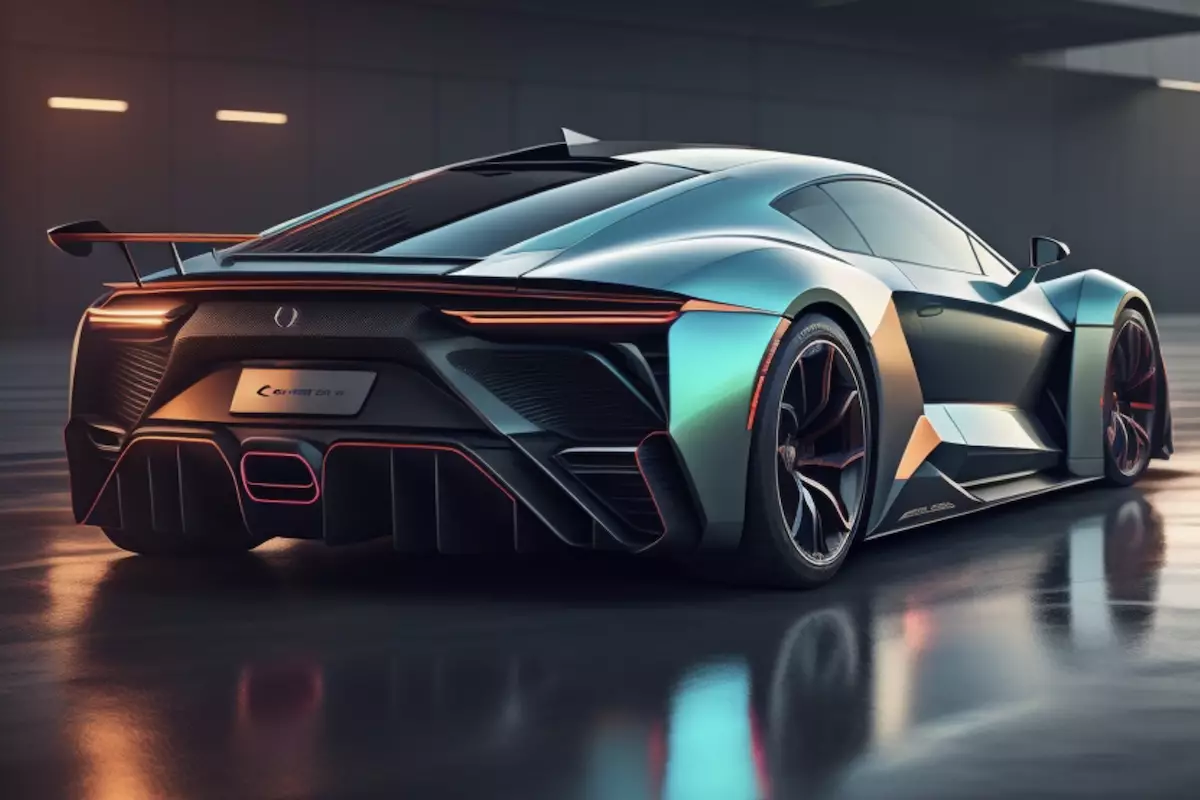The digital transformation sweeping across various sectors has led to a radical reevaluation of asset ownership. Among these innovations, car tokenization represents a pioneering shift in the vehicle ownership paradigm. By leveraging blockchain technology, cars are increasingly being converted into digital tokens, allowing individuals to own fractional shares of these vehicles. This article delves into what car tokenization means, how it functions, and the potential impact it may have on the market for luxury and collectible automobiles.
At its core, car tokenization involves generating digital tokens that symbolize ownership stakes in a vehicle, each of which is securely recorded on a blockchain. This process democratizes access to high-value assets, enabling more investors to participate in the car market, regardless of their financial capabilities. Whether it’s a high-performance Ferrari or a classic vintage car, the tokenization model offers an innovative approach to vehicle ownership.
Tokenization introduces numerous benefits that could reshape the future of car ownership. One of its most significant advantages is **fractional ownership**, which allows multiple investors to collectively own a vehicle. This process not only reduces the financial barrier typically associated with luxury car purchases but also opens up investments to a wider demographic.
Moreover, the ease of trading tokens is another compelling feature. Unlike traditional methods of buying and selling vehicles, which can be cumbersome and time-consuming, car tokens can swiftly change hands on digital marketplaces. This liquidity creates an environment where investors can make informed decisions without being bogged down by lengthy processes or substantial losses related to depreciation.
Additionally, tokenization enables **shared costs** among multiple owners. Each tokenholder can contribute to the maintenance, insurance, and storage expenses, alleviating the financial burden often borne by single-car owners. This shared responsibility not only creates a sense of community among investors but also fosters greater engagement in the care and management of their collective asset.
Furthermore, car tokenization serves as a gateway to **new investment opportunities**. By creating a unique asset class, investors can diversify their portfolios with tangible items like collectible cars or limited-edition models. These assets have the potential to appreciate in value over time, offering an alternative to traditional investment avenues, which often come with market volatility.
The process of tokenizing a car is relatively straightforward yet requires a meticulous approach. First, a specific vehicle is chosen, whether it be a contemporary sports car, a classic model, or an advanced electric vehicle. Subsequently, digital tokens representing shares of the car are created. Thanks to blockchain technology, these tokens are maintained in a secure, immutable digital ledger, allowing for clear and transparent ownership records.
Key to this mechanism are **smart contracts**—automated programs that facilitate transactions and enforce the terms of ownership agreements. Each transaction, whether buying or selling of tokens, is recorded on the blockchain, which significantly mitigates risks related to fraud or disputes. This transparency is particularly appealing to investors, as it establishes a trustworthy marketplace.
A prime example of car tokenization making waves is the collaboration between Renegade, a crypto-banking platform, and Mulsano, a high-end car dealership in Germany. This partnership allows investors to buy shares in a selection of luxury vehicles, with individual shares available for as little as $100. Renegade manages payment infrastructure, accommodating both traditional and digital currencies, while Mulsano provides access to desirable collector vehicles. Moreover, the cars remain showcased in Mulsano’s showroom, and any sales yield profits distributed among token holders.
Despite its promise, car tokenization is not without obstacles. **Regulatory uncertainty** looms large, as many regions lack clear guidelines concerning the ownership of digital assets. This ambiguity presents a substantial challenge for both startups and investors, who may hesitate to engage in a nascent market with unpredictable regulations.
Moreover, **education and awareness** are vital for the successful implementation of car tokenization. The concept is relatively new, and potential investors must navigate a steep learning curve to understand how this model operates. Blockchain technology can be daunting, and a lack of familiarity may deter individuals from participating in this innovative space.
Car tokenization has the potential to redefine the vehicle ownership landscape, especially as blockchain technology becomes more mainstream and regulatory frameworks evolve. While it may not replace traditional car ownership entirely, it presents an appealing alternative that is likely to resonate with the next generation of investors. By allowing shared ownership of rare and valuable vehicles, tokenization embodies a flexible and innovative approach for engaging with the automotive market and could significantly transform how we perceive car ownership. As the industry continues to develop, it will be fascinating to witness the full extent of its impact.

